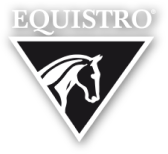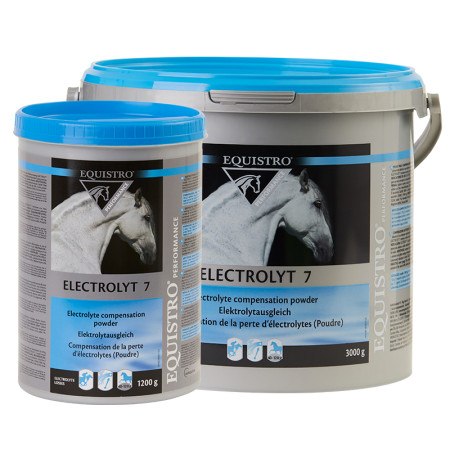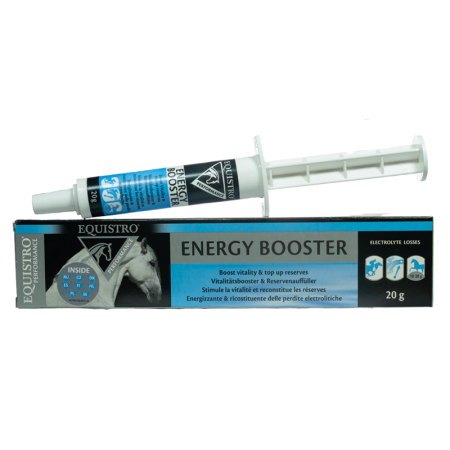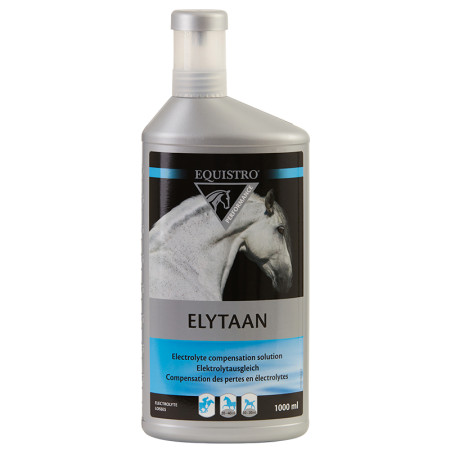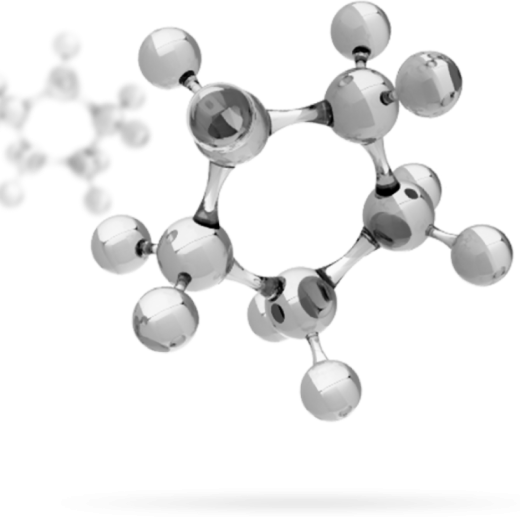
Sodium
Sources
The supply of sodium is often inadequate even in the horse's maintenance metabolism, as many basic feeds have a low sodium content (sometimes below 0.5g/kg dry matter). The sodium content of cereal products is also often insufficient, especially for high-performance horses with high sweat loss.
The supply of sodium and chloride should be ensured by salt lick stones, appropriate electrolyte supplements or salt added to the manger feed, especially for horses with high sweat loss.
Daily requirements
Because of limited data on specific requirements for sodium and especially the influence of activity, adaptation and environment on individual needs, precise recommendations are difficult to make. The following data are therefore just a guidance (daily intake of sodium for a horse with a body weight of 500kg).
Maintenance / Growth: ~2.6g
Pregnant Mares: ~3.5-4g
Lactating Mares: ~5-6.5g
Light work (60-65 min walk, trot & canter): ~8-15g
Medium work (110-115 min walk, trot & canter): ~28g
Heavy work (160-210 min walk, trot & canter): ~55g
Very heavy work (up to 330 min walk, trot & canter): ~75g
Deficiency
Chronic sodium depletion results in decreased skin turgor, a tendancy for horses to lick objects with salty taste, a slow rate of eating, decreased water intake, and eventually, a cessation of eating. In acute sodium deficiency, muscle contractions and chewing are uncoordinated and horses have an unsteady gait.
Excess
As long as sufficient water is available, excess sodium will typically be excreted in the urine.
An increased sodium intake, which occasionally occurs in young, inexperienced horses after excessive licking of alt lick stones, can lead to increased water intake, increased diuresis and also to diarrhea. In such cases, consideration should be given to the targeted supplementation of sodium (and chloride) via the administration of feed supplements with the normal feed.
Important to know
During heavy exercise, overall under hot and humid conditions, horses are able to lose several litres of sweat highly concentrated in sodium and chloride. That is why when large amount of sweat are lost, the hydration level of the horse have to be closely checked, and water with added electrolytes has to be proposed. If not, serious physical damages may occur with muscular dysfunction, until exhaustion and death. Intestinal obstruction, enterocolitis, diarrhoea or renal failure may induce severe hyponatraemia.
